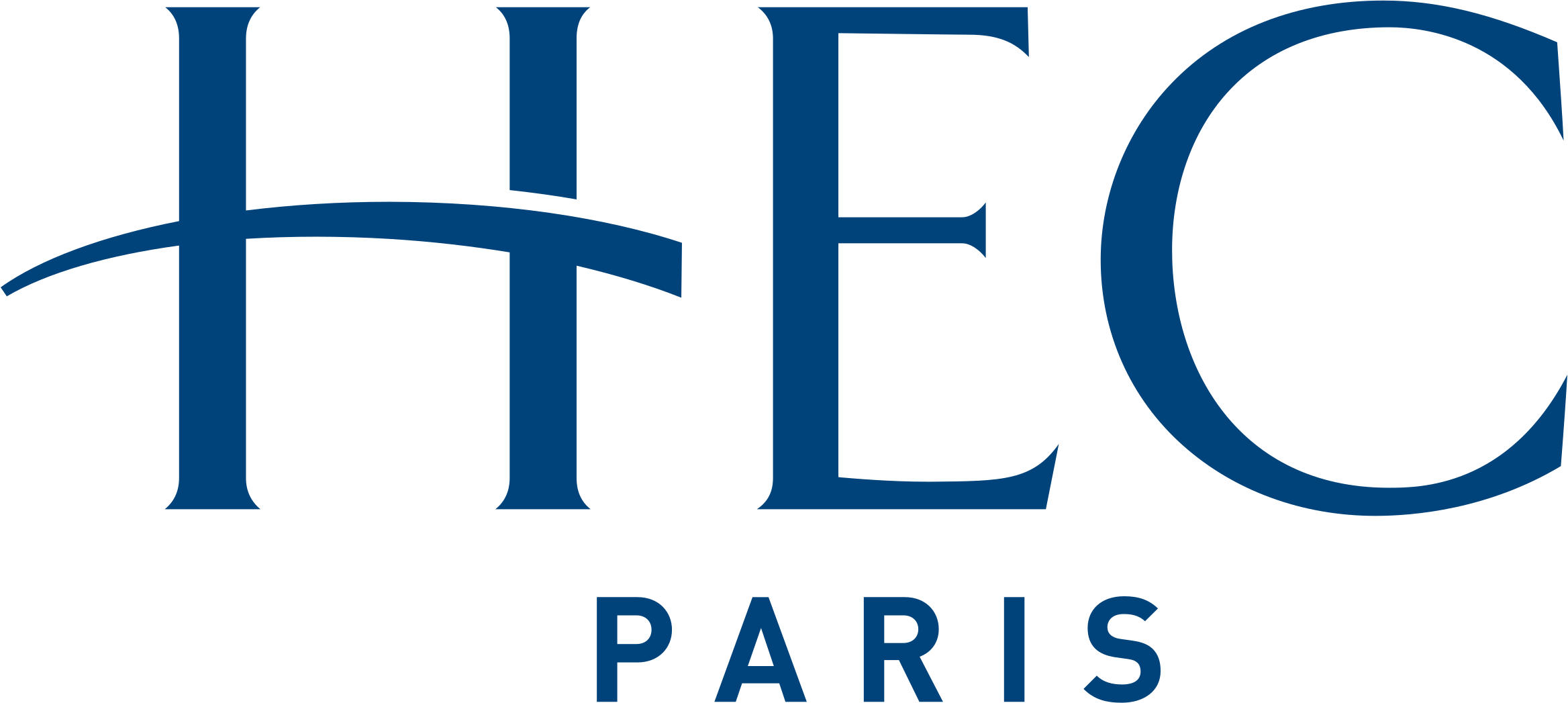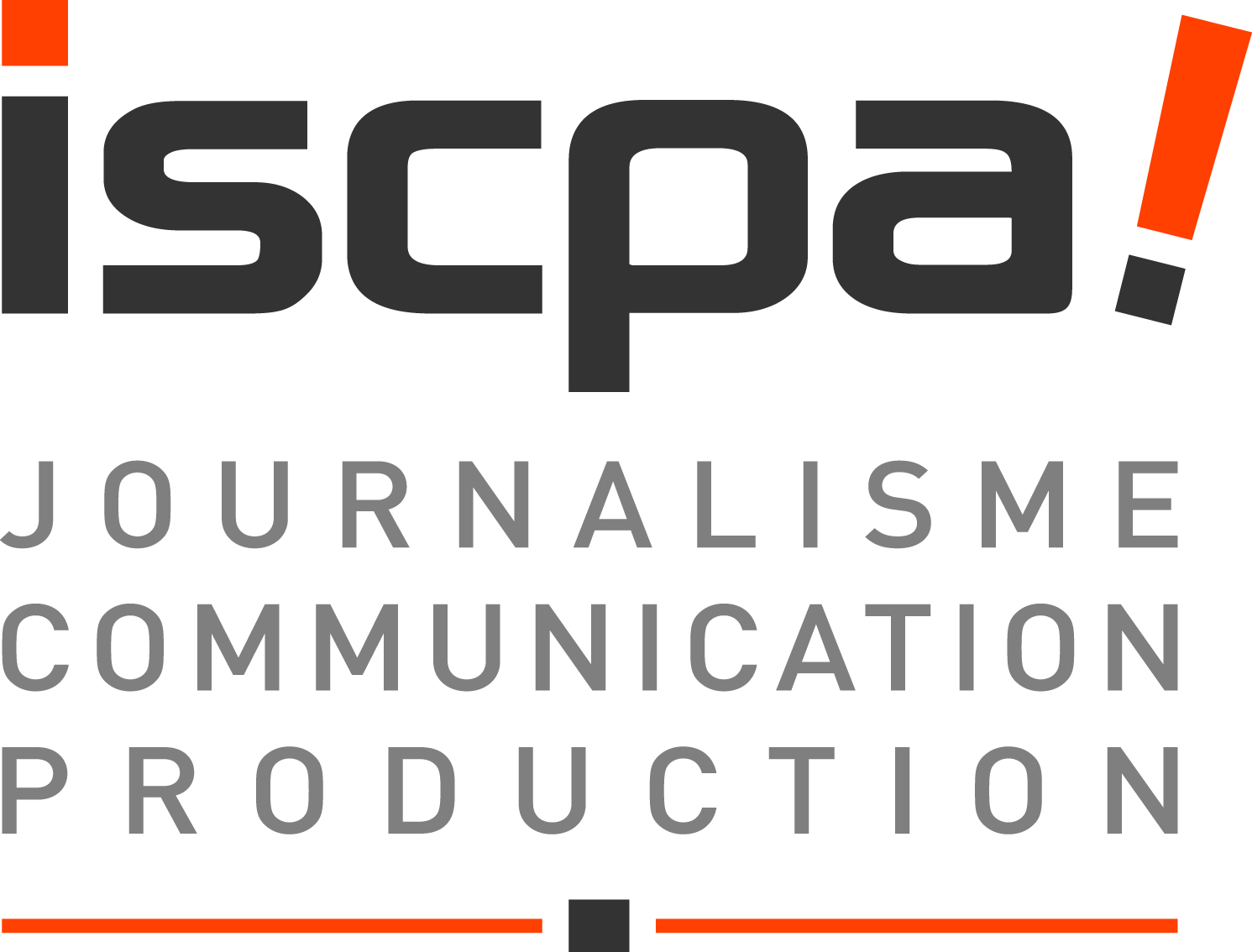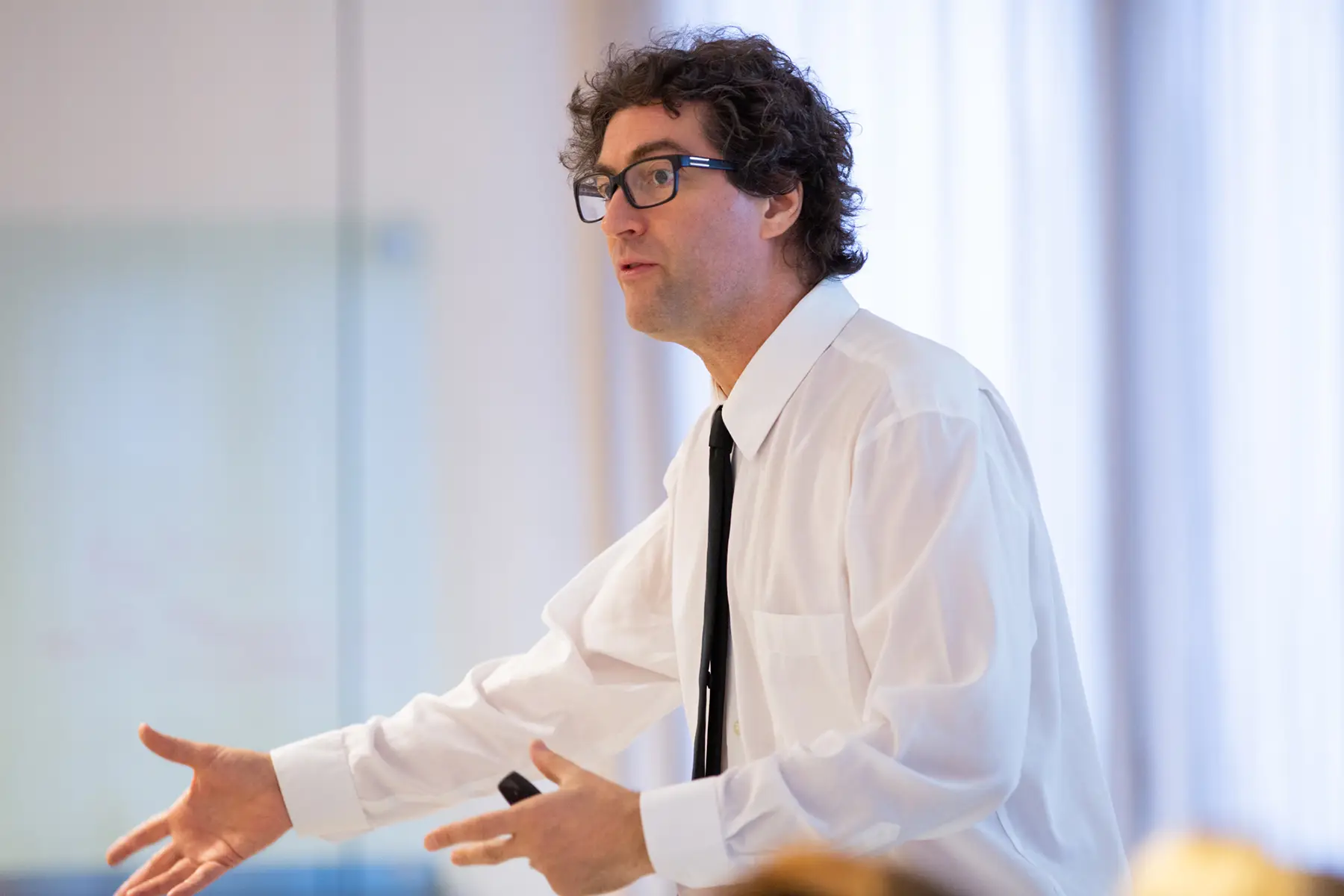






In addition to my journalism for The Economist, I periodically teach, as an adjunct, MBA and undergraduate courses such as Navigating Geopolitics for Managers and the Geopolitics of International Business. Themes addressed include how trade and a more tightly networked world are reshaping security landscapes in different ways in Western democracies, failing African states, rising Asia, the Muslim world, and elsewhere. The global backdrop is dramatic. Trade can increase the “profitability” of peace, helping societies replace bloody ethnic, ideological and religious passions with pursuits of self-betterment. But in restless cultures awash in social media, rapid change can also trigger violent backlashes.
Amid all that, authoritarian “challenger” powers, fueled by revanchism, are pushing harder, often brazenly, to tip strategic balances in their favor. Cargo ships, tankers and even Western warships are at growing risk in expanding areas, a systemic threat for a global economic system in which nine-tenths of everything moves by sea. Swaths of poorly governed lands largely disconnected from global business supply chains are collapsing into what a former French general described to me as “premodern savagery.” My courses decrypt such dynamics.
They also incorporate insights from my reporting for The Economist. On trips to Ukraine, for example, I have researched drone warfare, tax collection in wartime, and Russia’s seizure of the Zaporizhia nuclear plant, among other topics. In Palermo, I’ve investigated how the Sicilian Mafia has (quite cleverly) modified its techniques for extorting businesses. In Lithuania, I’ve interviewed leaders on subjects including NATO’s military buildup, risks to the Baltic region’s grid, and intelligence efforts to identify “sleeper cells” of Kremlin supporters and blackmailed unfortunates who might be activated for a Russian destabilization operation.
Schools where I have taught in recent years include H-Farm College (an undergraduate and graduate program near Venice, Italy run in partnership with Britain’s University of Chichester); HEC-Paris (a French grande-école that QS World University Rankings has named the world’s number-one master’s program for management); the Paris School of Business (ranked by Le Parisien as France’s third-best business school); La Scuola Holden (a media school in Turin, Italy); Antioch University (in Santa Barbara, California); the Paris campus of ISCPA, a media school; and the Zagreb School of Economics and Management, a master’s program in Croatia.





Beyond academia, I occasionally travel to conduct workshops, moderate panels, deliver lectures, or speak at conferences. Clients have included the Smithsonian (the geopolitics of central Europe and the Middle East); Germany’s foreign ministry (how diplomats can harness technology to strengthen arms control); Sciences Po (globalization as a threat to autocrats); INNOVA-CON (a briefing for US military leaders on differences in combat performance between Western and non-Western soldiers); RSA Conference (innovations in cyber-attack); the Spykman Center (drafting a geopolitical analysis); the Santa Barbara Writers Conference (harnessing narrative structure for better non-fiction); and Ponant (power shifts in the Mideast amid competition over the Persian Gulf, a linchpin for global trade).
I also teach, on occasion, undergraduate and MBA modules on crafting effective corporate communications. The lessons include techniques to harness insights on compelling narrative structure for non-fiction writing.
For inquiries regarding speaking engagements, contact my speakers bureau, Presbourg Speakers, or reach out to me directly.